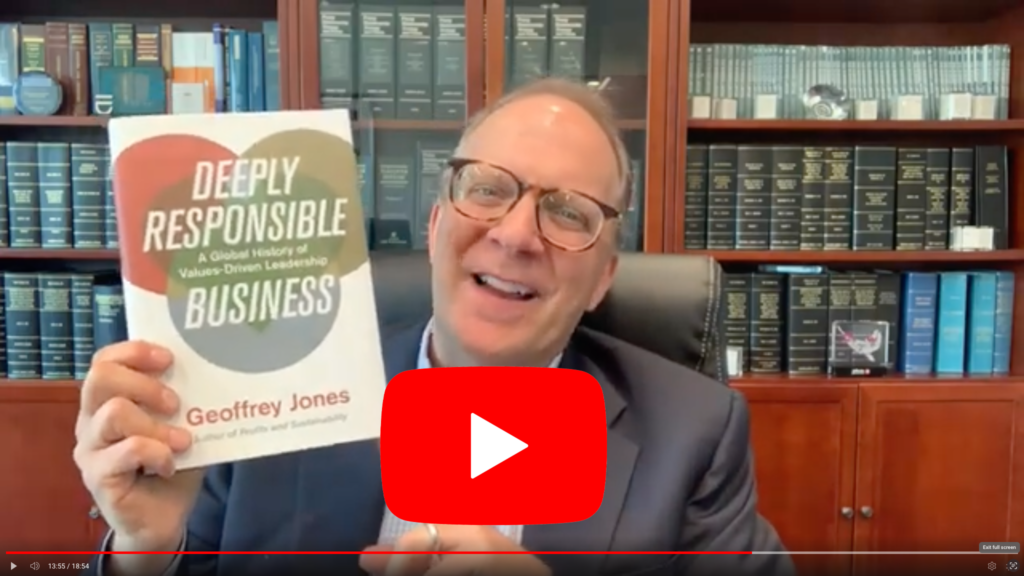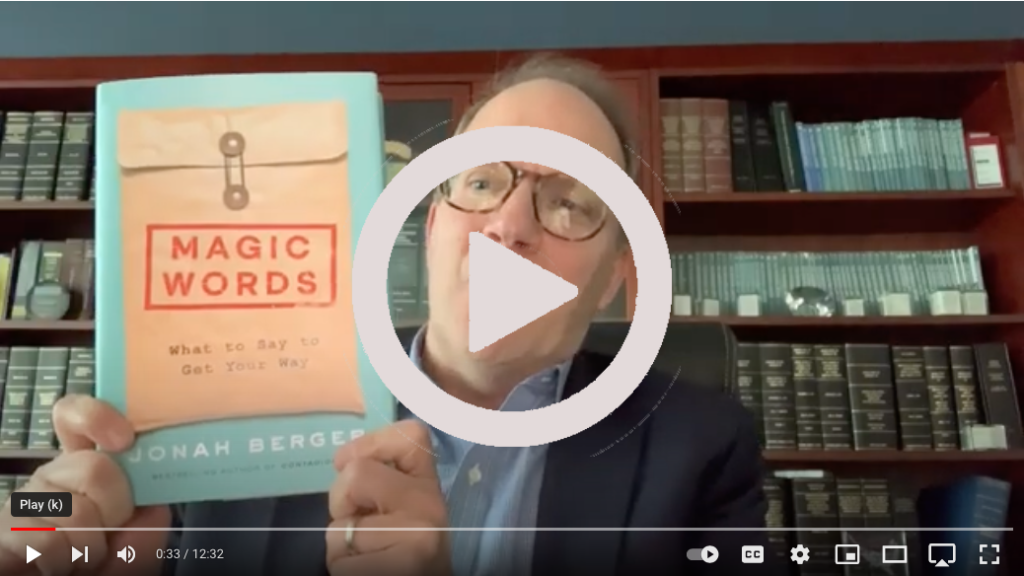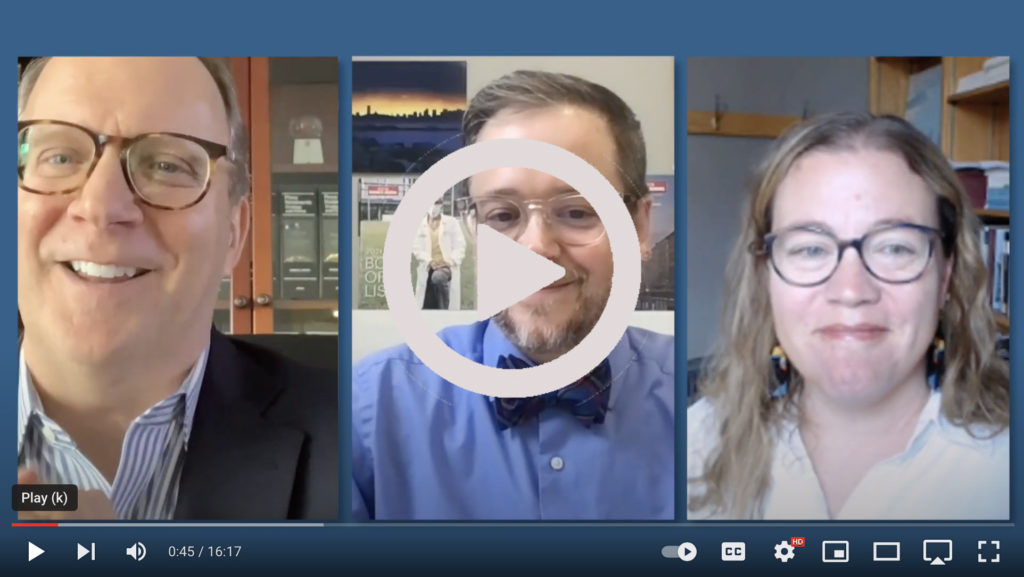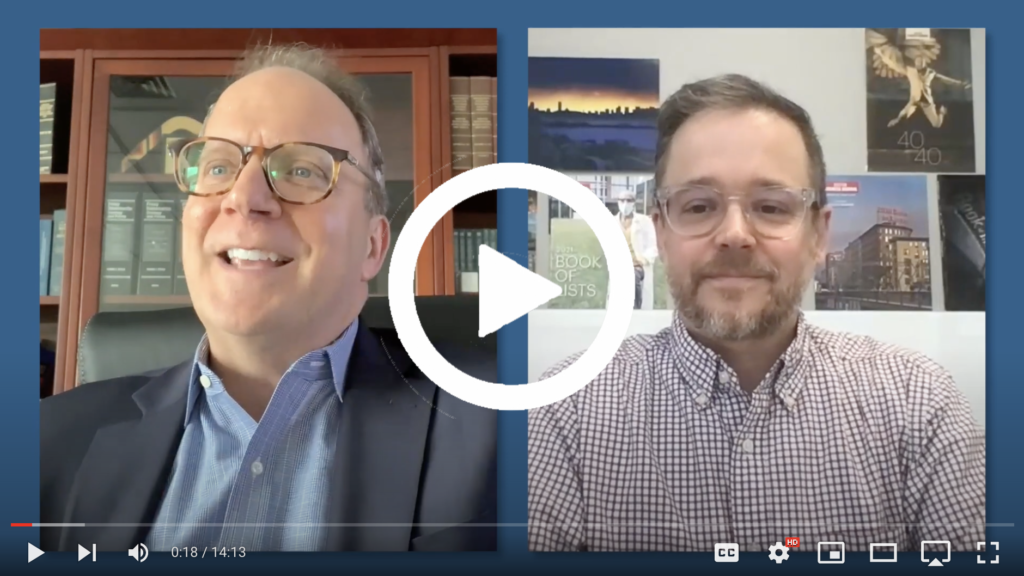For most startups, a stockholders agreement covering the “what-if’s” is a must. As a venture progresses, circumstances change, and quite often, so does the composition of the founding team. I like to see co-founders sort out the impact on the business and the stock ledger of the “three Ds” — namely, death, disability, or departure (voluntary or involuntary) — right up front, while everyone is aligned (and also on this earth). Indeed, the first “D,” death, can be the most challenging. It sparks the most existential of questions: If I am gone, what have I left? And was it worth my time?
Over the years, I have participated in many of these candid, searching conversations. I’ve come to know that although people can join forces with common business goals, their individual aspirations can and will vary pretty widely. Each of us is on a journey for meaning, motivation and purpose. Decades into my practice, I’m still on my own. Judging from a few new, captivating books, I’m on the right track.
So how is making a living relevant to making a life? That’s a question worth pondering, according to Babson professor and organizational psychologist Jennifer Tosti-Kharas and professor and philosopher Christopher Wong Michaelson, co-authors of the disarmingly penetrating new book: Is Your Work Worth It? In our uniquely American mind-set, we roughly categorize what people do as a “job” to pay expenses, a “career” to advance skills and status, or most culturally valued of all, a “calling” to serve others and a higher purpose. With insights derived through interviews, literature, and a lens of legacy — including the Portraits of Grief section in The New York Times following 9/11 — the authors urge us to dig much deeper and consider the meaning, context, and value of our work to family, friends, the community, and ultimately, to our unique sense of self. As told in the heartfelt reflections of many 911 victims’ families, the most menial of jobs to the outside world actually enabled noble, worthy, even heroic acts of day-to-day living. If this book nags at you after one reading, you’re getting the authors’ point.
Yet, discerning when and how your great joy meets the world’s great need, as best framed by writer Frederich Buechner, is not clear, simple or plain. Maybe we all need to think more entrepreneurially — to test and try the “what-ifs” in real time, early, earnestly and often.
Still not convinced? Check out Get The Picture, journalist Bianca Bosker’s hilariously snarky and revealing exploration of the business of modern art. Intrigued by why so many people sacrifice so much for art, Bosker dove in head first, shadowing a self-important, but influential gallery owner so that she could more fully experience the world of creators, curators and promoters. Her accounts of the wealthy buyers, the auction parties, and the stylings of a nearly naked performance artist will make you laugh out loud. Get this author a sitcom now.
If not art, how about investment banking? Brent Underwood tried that, found it unfulfilling, and then quit to buy Cerro Gordo, a ghost town in Death Valley that was home to California’s largest silver mine 150 years ago. Lucky for us, Underwood is now a writer, and his recent book, Ghost Town Living, is both an engaging history of hardscrabble lives and a thoughtful retelling of his journey to rediscover meaning in his own. Raising money to rebuild a forgotten town? Now, that is how you test and try!
Finally, so much in life becomes clearer towards the end, especially if we finally make time to more intentionally listen, learn, and feel. That’s what inspired attorney Alua Arthur, author of the simple, powerful new book Briefly Perfectly Human, to leave law and start Going With Grace, an LA-based death doula and end-of-life care and planning business. More than hospice, Arthur offers deep listening, and space for reflective silence and storytelling. How does one help another “wrap up” a life, say what needs to be said, and map out a legacy for those left behind? I don’t know, but a service business that can offer witness and also dispense some measure of grace may be the most meaningful of all.
Arthur quotes Mark Twain: “The two most important days in your life are the day you are born and the day you find out why.” That’s certainly one way to consider the “what-ifs.” In searching for an answer, you might just find yourself.
Read in the Boston Business Journal
Larry Gennari is a business lawyer and chief curator of Authors & Innovators, an annual business book and ideas festival. Watch recent interviews with authors here. Gennari also teaches Project Entrepreneur, a business fundamentals bootcamp for returning citizens, at BC Law School.








